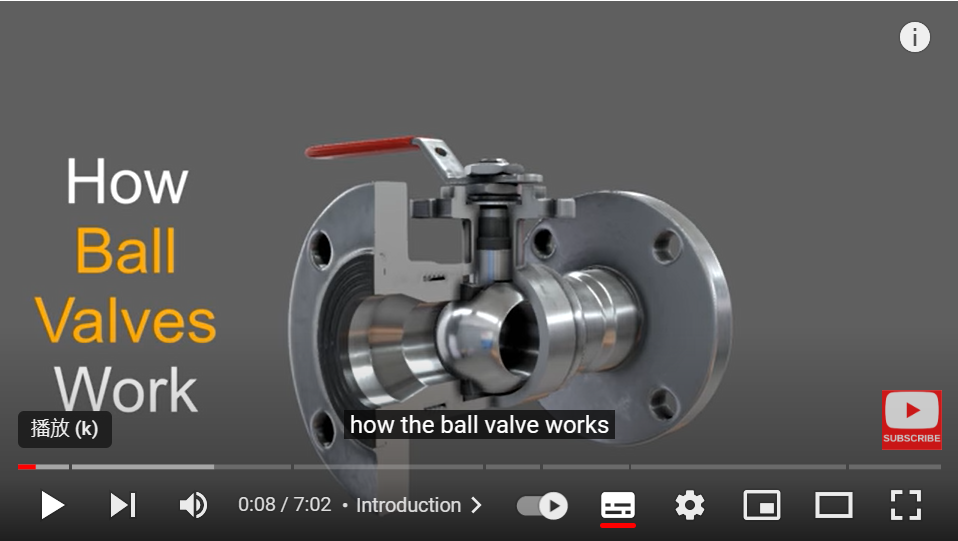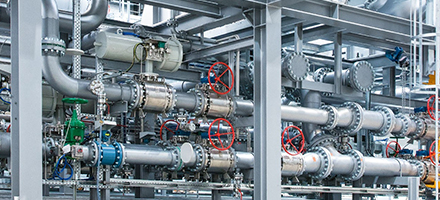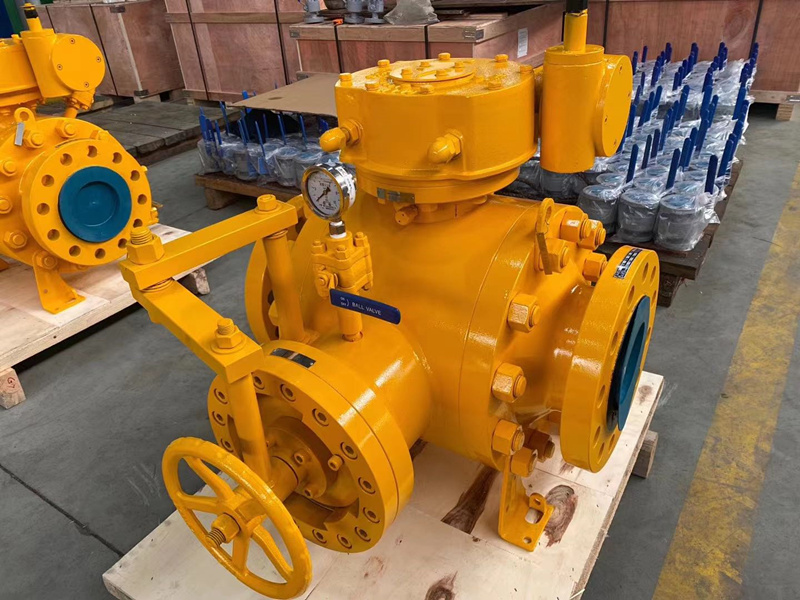As a business owner in the industrial sector, you know how important it is to have the right equipment for your processes. One piece of equipment that often goes overlooked is the valve. Are you using the wrong valve in your industrial processes? If so, you could be costing your business time, money, and efficiency. In this blog post, we will explore the benefits of ball valves and how they can revolutionize your industrial processes.
What is a Ball Valve and How Does it Work?

A ball valve is a type of valve that uses a spherical ball to control the flow of liquids or gases through it. The ball has a hole in the center that allows fluid or gas to pass through when the valve is open. When the valve is closed, the ball rotates 90 degrees to block the flow. Ball valves offer a high degree of control over the flow of fluid or gas, making them an ideal choice for many industrial processes.
Ball valves are designed to handle a wide range of pressures and temperatures, making them suitable for use in many different applications. They are commonly used in the oil and gas industry, chemical processing, and water treatment plants.
How Can Ball Valves Benefit Your Industrial Processes?
One of the biggest benefits of using ball valves is their ability to provide precise control over the flow of fluid or gas. This makes them ideal for use in applications where accuracy and consistency are important. Additionally, ball valves offer low friction loss, which means that they require less energy to operate. This can result in energy savings and a lower overall cost of operation.
Another benefit of using ball valves is their durability. Ball valves are designed to withstand high pressures and temperatures, making them suitable for use in harsh industrial environments such as in chemical processing or water treatment plants where there is a risk of leaks or spills. This is because ball valves have a tight seal when closed, which helps to prevent fluid or gas from leaking out of the system. This can help to improve safety and reduce the risk of environmental damage. In contrast, other types of valves, such as gate valves or globe valves, may have a higher risk of leakage due to their design.
Ball valves also have a long service life and require little maintenance, which can save your business time and money in the long run.
Finally, using ball valves can help to reduce downtime and maintenance costs. Because ball valves are designed to be durable and require little maintenance, they can help to keep your processes running smoothly and reduce the need for costly repairs.

What Makes DSNY Valve’s Ball Valves Stand Out?
At DSNY Valve, we take pride in our ability to provide high-quality valves that are customized to meet our clients’ specific needs. Our ball valves are designed to provide precise control over the flow of fluid or gas, while also offering low friction loss and excellent durability.
We understand that our clients value personalized service and trust when working with suppliers. That is why we prioritize quality control, certification, logistics, and payment methods to meet our clients’ expectations. We also offer strong engineering support for design and high-precision processing machines to ensure that our products meet the highest quality standards.
If you are looking for a reliable supplier of high-quality customized valves, look no further than DSNY Valve. Contact us today to learn more about how our ball valves can benefit your industrial processes.
How to Choose the Right Valve for Your Industrial Processes
Choosing the right valve for your industrial processes can be a daunting task. With so many options available, it can be difficult to know which valve is the right choice for your specific application. Here are some factors to consider when choosing a valve:
1. Flow Rate
The flow rate of your system will determine the size of the valve you need. If your system has a high flow rate, you will need a larger valve to accommodate the flow. Conversely, if your system has a low flow rate, a smaller valve may be sufficient.
2. Pressure and Temperature
Valves are designed to operate within certain pressure and temperature ranges. It is important to choose a valve that can handle the pressure and temperature of your system to ensure that it operates safely and efficiently.
3. Material
Different materials are suitable for different applications. For example, if your system handles corrosive substances, you will need a valve made from a corrosion-resistant material.
4. Control Requirements
The level of control required over the flow of fluid or gas will also determine the type of valve you need. If you need precise control over the flow, a ball valve may be the best choice.
By considering these factors, you can choose the right valve for your industrial processes and ensure that your system operates safely and efficiently.
Conclusion
In conclusion, using the right valve in your industrial processes can make all the difference when it comes to efficiency, safety, and cost savings. Ball valves offer a number of benefits that make them an ideal choice for many industrial applications. At DSNY Valve, we are committed to providing high-quality customized ball valves that meet our clients’ unique needs. Contact us today to learn more about how our ball valves can benefit your business.



